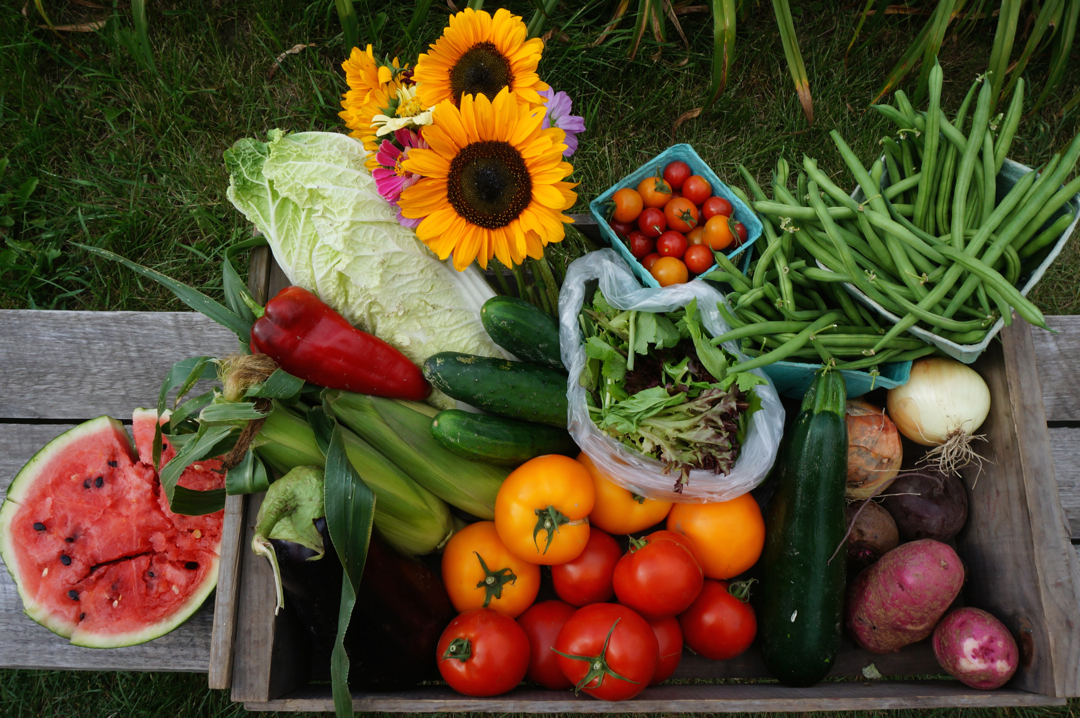
What’s a CSA?
Community Supported Agriculture (CSA) is a direct marketing relationship between farmers and consumers. Customers agree to pay a set price at the beginning of the season for their share of the farm’s produce. The commitment of consumers to pay the farm early in the season — summer or winter — helps farms with year-round costs, and provides a basis for secure and stable finances.
The consumer benefits from an abundance of fresh produce from a known source, while the farm has the security of knowing how much produce to grow and how much money it will make that season. Furthermore, CSAs really do encompass “community” – the same people arriving for produce week after week bring to life new friendships as well as a deep understanding of their own connection to food and farming.
Although CSAs were born simultaneously in the 1960s in both Japan and in Europe, the community supported agriculture concept didn’t come to the United States until the mid-1980s when pioneers of the CSA movement Jan Vander Tuin and Robyn Van En coined the phrase “community supported agriculture.” Since then, the CSA model has spread around the country with over 1,000 in operation today, including well over 50 in Vermont.
To learn more about summer and winter community supported agriculture shares at the Intervale Community Farm, please visit our seasonal share pages:


